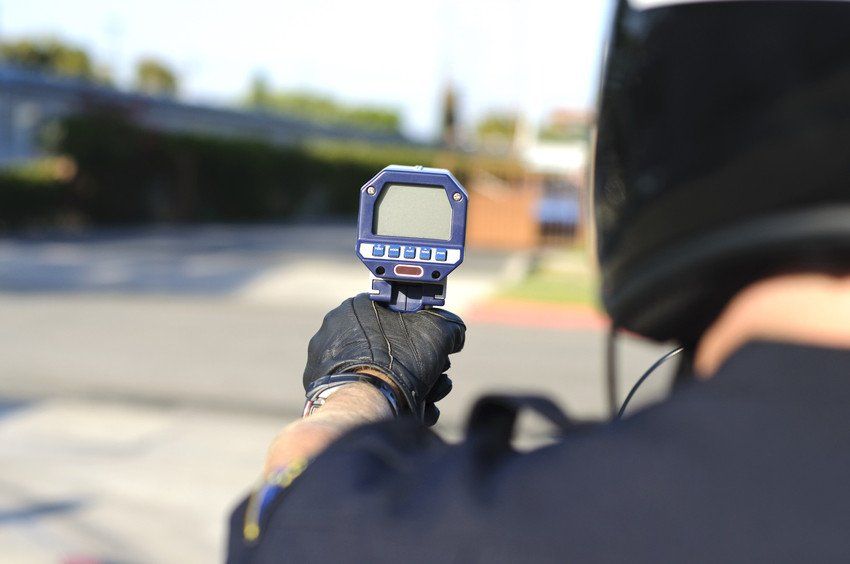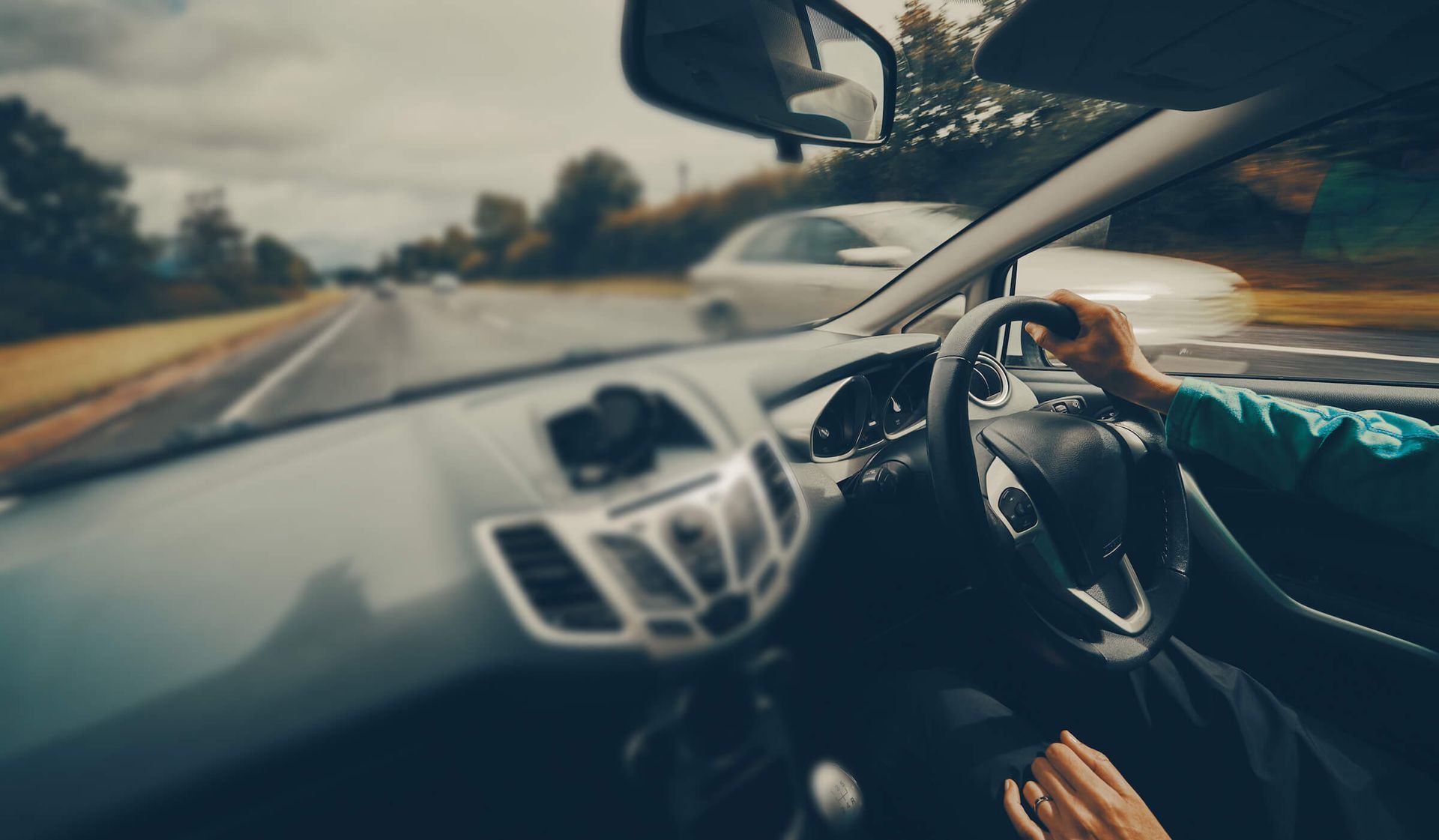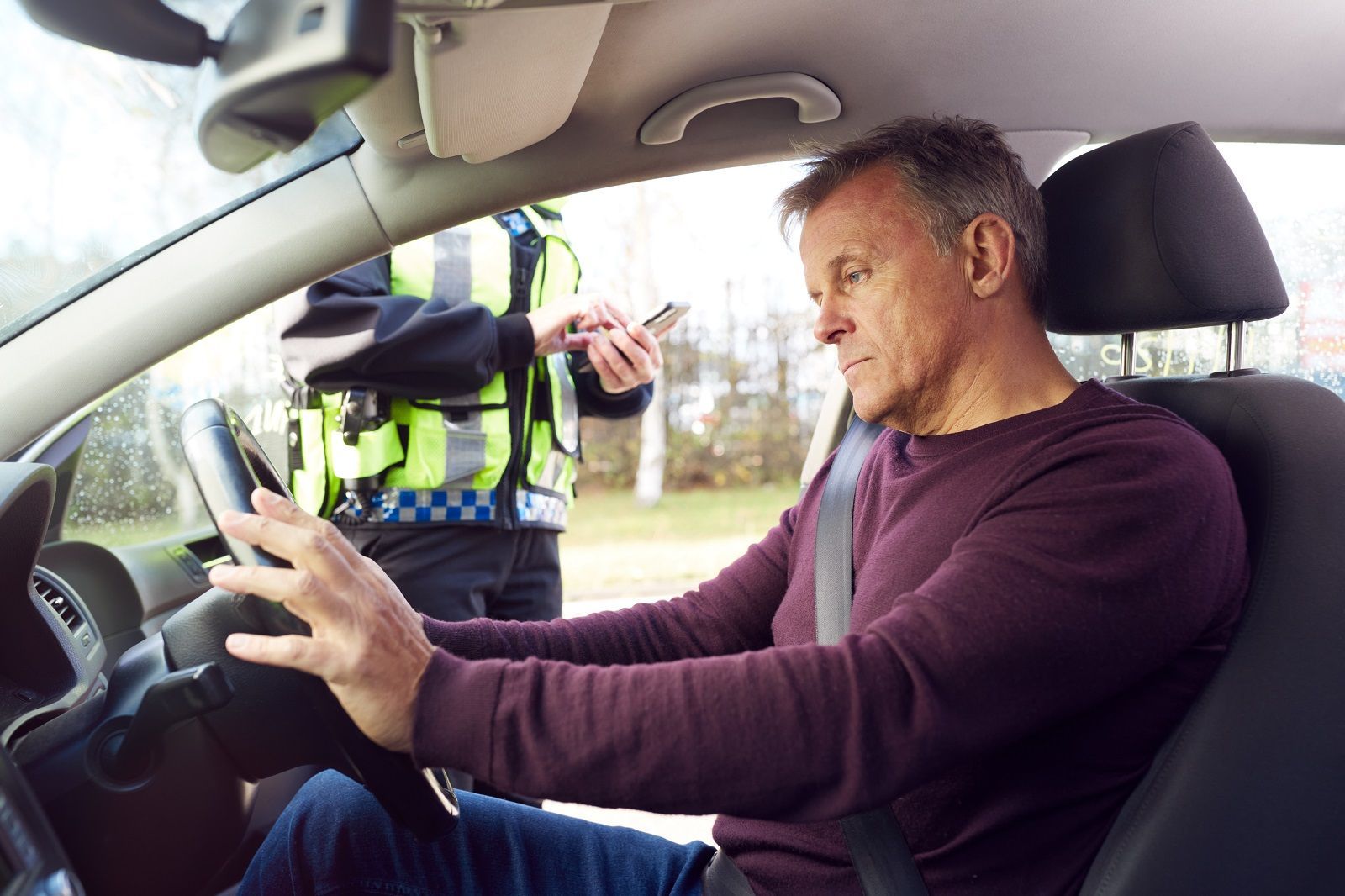Four Common Road Traffic Offences

The term ‘driving offence’ can cover a wide range of incidents on UK roads, from speeding to drink-driving and everything in between, driving offences are incredibly serious and are heavily punished in the UK. Fines, driving bans and court hearings are all common for offenders and here, we analyse the four most common road traffic offences in the UK today.
Speeding
Predictably, the most common road traffic offence is speeding. In the UK, exceeding the speed limit is illegal and considered an offence under the Road Traffic Regulation Act 1984 and yet, there are still incidences of speeding every day in the UK, with over a quarter of all deaths on the road caused by speeding worldwide. According to government statistics, under free-flowing traffic conditions, 56% of cars exceeded the speed limit on 30mph roads, 53% exceeded the limit on motorways and 12% exceeded the limit on national speed limit single carriageways in 2020 alone.
Drink-Driving
According to Government statistics, drink-driving is still one of the most common road traffic offences today, directly responsible for 13% of all fatalities and 5% of all casualties in 2019. Despite the well-documented risks associated with drink-driving, as well as the heavy fines, penalties or bans that may occur as a result, there are still regular incidents of drink-driving in the UK. In some extreme cases, drink-driving can even result in a suspended prison sentence or revoking of your licence.
Using Your Phone
Despite best efforts, heavy fines and marketing campaigns, as well as the clear risks associated with using your phone whilst driving, it’s still a frighteningly common occurrence on UK roads today. In March 2017, fines and penalties were increased to match the severity of the crime, almost doubling to £200 with six points attached to your licence to clamp down on the issue even further. If the use of your phone has resulted in an accident, severe or otherwise, you may be faced with a driving ban and a maximum fine of £1000.
Driving Without Insurance
In the UK, it’s illegal to drive without third party insurance, failure to insure your vehicle could result in a fine of £300 and six points on your licence. However, driving without insurance is taken very seriously and can lead to a court hearing, maximum fines of £5000 and total disqualification from driving. In many cases, police will seize the vehicle, and in some instances, even destroy it. An investigation carried out by the RAC revealed that despite numbers of uninsured drivers mostly declining since 2012, there were still nearly 80,000 people driving without insurance on UK roads in 2018.
At
Lefevre Litigation, we can provide expert legal support if you are accused of a driving offence. As well as
speeding or drink driving offences, Lefevre Litigation can represent those making a road traffic claim in Aberdeen.
Contact us for legal advice, support and representation.










